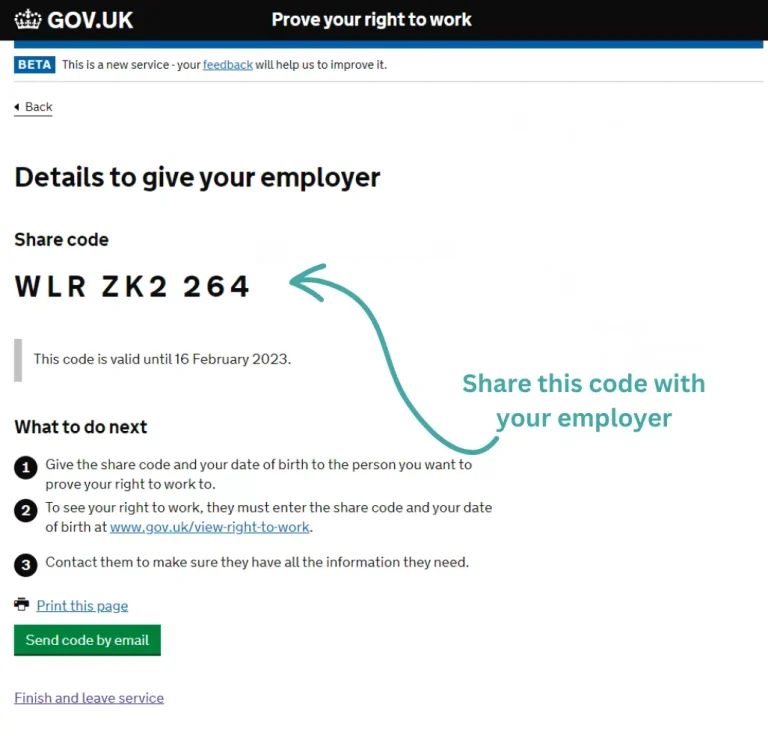Mobility Trends and Immigration Compliance Issues
Companies with international reach are leveraging various forms of mobility to deploy and cultivate talent, accessing global talent pools in the process. However, prevailing trends in mobility are giving rise to increased compliance challenges from an immigration perspective.
Mobility Trends Talent swaps
One of the swiftly emerging trends in modern mobility is the talent swap, a practice in which employees from different countries exchange positions for a specified duration. Businesses are increasingly incorporating talent swaps into their talent attraction strategies. This trend is particularly appealing to millennials, who generally exhibit a keen interest in gaining work experience in diverse cultures.
Moreover, talent swaps serve as a valuable tool for developing future leadership within organizations. They offer high-potential talent the opportunity to establish robust senior-level relationships across the company’s global footprint, enhancing the management’s global perspective—a critical factor for successful global operations.
The successful execution of a compliant talent swap hinges on ensuring that each involved individual obtains the necessary entry and right-to-work permissions concurrently. This essentially doubles the workload, necessitating careful budgeting and timeline planning. Including contingencies in your plans is crucial to facilitate the smooth execution of the talent swap.
Maintaining regular communication with the individuals involved and their respective sites is essential for minimizing potential delays or complications related to immigration compliance.
Short term-assignments
The prevalence of short-term overseas assignments is witnessing an upward trajectory as a notable mobility trend. Typically extending up to 12 months, businesses are employing these assignments for similar objectives as talent swaps—to cultivate high-potential talent and attract new talent, especially at the graduate/entry level. The rise in short-term assignments is also influenced by the departure of the baby boomer generation, known for their inclination toward longer-term overseas assignments and expectations of substantial relocation packages.
For assignments of shorter durations, it is crucial to establish clarity among all involved parties—both within the organization and with relevant authorities—regarding the nature of the stay and the substantive aspects of the assignment. Addressing this effectively is essential as many authorities often scrutinize right-to-work applications based on the purpose of the stay and the nature of the involved work. Proactive internal discussions within your organization before the application phase can prevent potential challenges in this regard.
Recruiting non-European talent
A prominent contemporary trend in mobility for UK employers centers around the recruitment of overseas talent. Navigating the intricacies of identifying global talent, determining its availability and location, and aligning it with an employer’s skill and labor requirements constitutes a complex process. The subsequent stages, whether relocating to a UK destination or a different overseas base, also present their own challenges.
Staying abreast of changes in local immigration rules is imperative, particularly when actively recruiting from outside the EU. Failure to adhere to current legal interpretations related to worker migration can lead to detrimental consequences, such as application delays, penalties, or the loss of talent to competitors.
As governments worldwide intensify efforts to manage immigration, with a focus on safeguarding domestic labor markets and combating illegal employment, data sharing and collaboration among authorities from different countries have become routine. Businesses must meet these stringent requirements to ensure compliance and sidestep operational and reputational challenges.
The significant unknown in this realm is, undoubtedly, the impact of the Brexit vote and its implications for employers of EEA workers. An ‘out’ vote is likely to broaden this category to include European citizens. While migration restrictions are improbable to be retroactively applied, organizations will need to reassess their recruitment and right-to-work processes and systems to align with any new rules and ensure ongoing compliance.
Increasing activity in emerging markets
Since the economic downturn, organizations have increasingly turned to developing countries to explore opportunities for revenue growth and cost reduction. This shift has given rise to a modern mobility trend involving assignments to emerging markets such as India, Brazil, and China.
Assignments to these regions present heightened challenges for UK employers. Navigating the complexities of immigration compliance becomes more intricate when dealing with foreign immigration rules that organizations may not be well-acquainted with. Consequently, applications become more resource-intensive compared to those involving developed countries, necessitating careful consideration in your workflow.
Challenges can also emerge, especially when families and dependents are part of the equation, influenced by the cultural dynamics of the host nation. Adopting a cautious and measured approach becomes imperative, ensuring the application adheres to a correct interpretation of rules and that you possess all relevant information about the applicant and any dependents before proceeding with the application.
International business travellers
Also on the increase as a modern mobility trend is the number of international business travellers. Systematic recording of this type of activity is essential to ensure broader, related issues such as immigration and tax are managed proactively, not least to avoid financial and reputational repercussions of non-compliance. For a more detailed examination of this cohort, see our article on managing the compliance risks of your travelling employees.
Conclusion
In summary, the rephrased text underscores the multifaceted challenges and dynamic landscape of contemporary mobility trends and immigration compliance for global businesses. From talent swaps to short-term assignments, recruiting non-European talent, engaging in emerging markets, to addressing the implications of the Brexit vote and managing international business travelers—each facet demands a nuanced and strategic approach. The emphasis on compliance, legal interpretation, and proactive communication emerges as a recurring theme, highlighting the critical need for organizations to navigate these complexities successfully.





